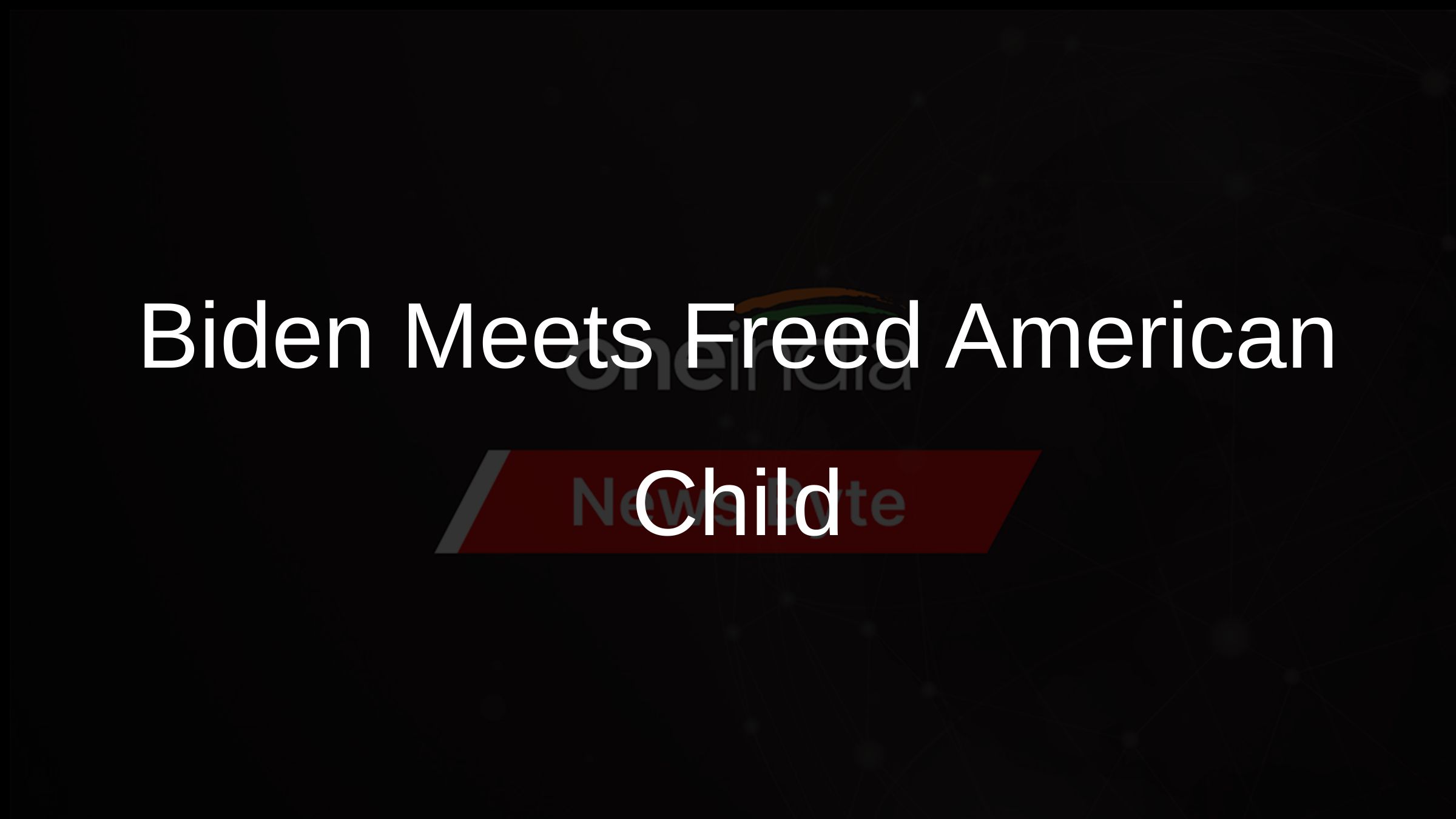
Success in conserving endangered whales depends on understanding feeding Behavior
Washington, December 17 (ANI): In a new research, an international team of scientists has determined that by understanding feeding behavior, the conservation of endangered whales can be done much more successfully.
The researchers suggest that even small-protected areas, identified through feeding behaviour, can benefit highly mobile marine predators such as killer whales.
"There are enormous challenges associated with setting conservation priorities for such mobile and migratory species as whales," said lead author Erin Ashe, a PhD student at the University of St Andrews.
"However, the topic was important enough to bring together 200 managers, scientists, and government and NGO representatives from 40 countries for the first International Conference on Marine Mammal Protected Areas," Ashe added.
The annual censuses conducted by the Center for Whale Research indicate that the endangered southern resident killer whale population found in the waters of British Columbia, Canada and Washington State, USA now numbers only 87 animals.
In addition to high contaminant levels, food limitation and repeated disturbance from boats represent serious threats to the whales' recovery.
Throughout the study, co-authored with Drs Dawn Noren, NOAA NMFS Northwest Fisheries Science Center and Rob Williams, University of Washington, Ashe mapped locations where killer whales were observed feeding.
"Protecting even small patches of water can provide conservation benefits, as long as we choose the spots wisely," said Ashe.
"We followed individually recognisable whales for hours on end and mapped where they were engaged in resting, feeding and social activities," she added.
The team realised that feeding habitat is important to these whales for two reasons.
Chinook salmon, the preferred prey of the whales, has also declined in the region and the whales are thought to be food-limited.
Also, killer whales are more responsive to whale watching boat traffic when engaged in feeding activities than when they are travelling.
The researchers observed that these two conservation threats are linked, so mitigation measures ought to consider the threats simultaneously.
They argue that management strategies to protect feeding hotspots should confer greater conservation benefit than those that protect habitat generically. (ANI)


 Click it and Unblock the Notifications
Click it and Unblock the Notifications
















